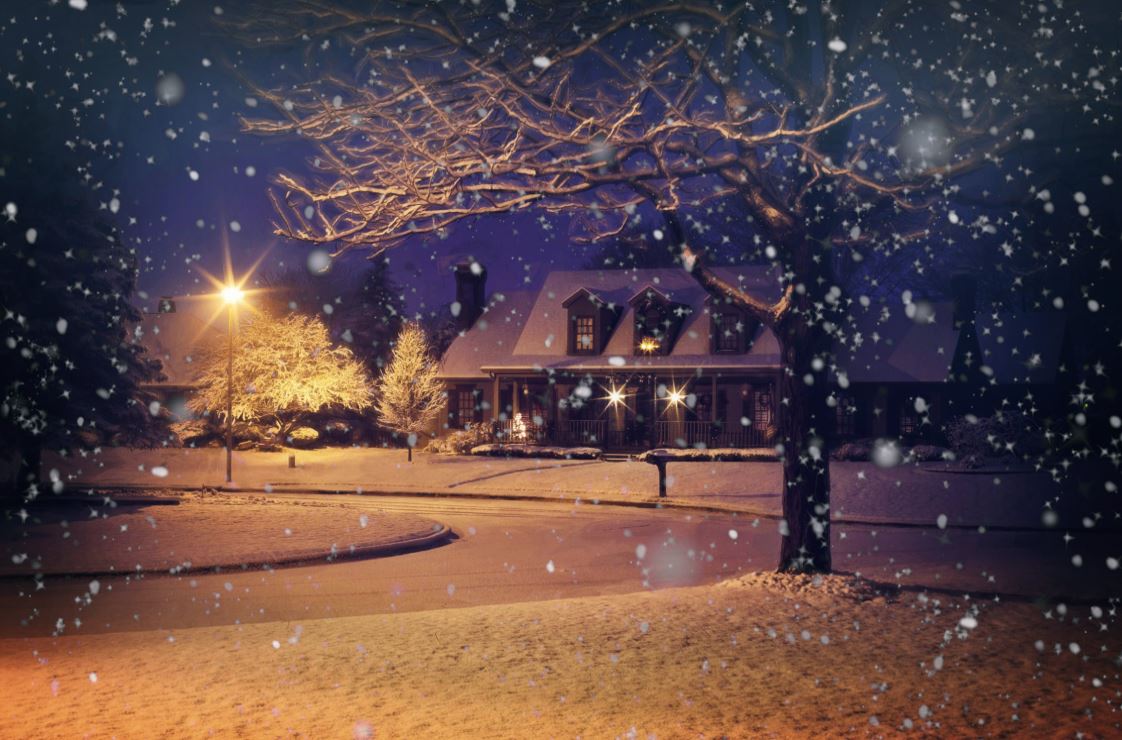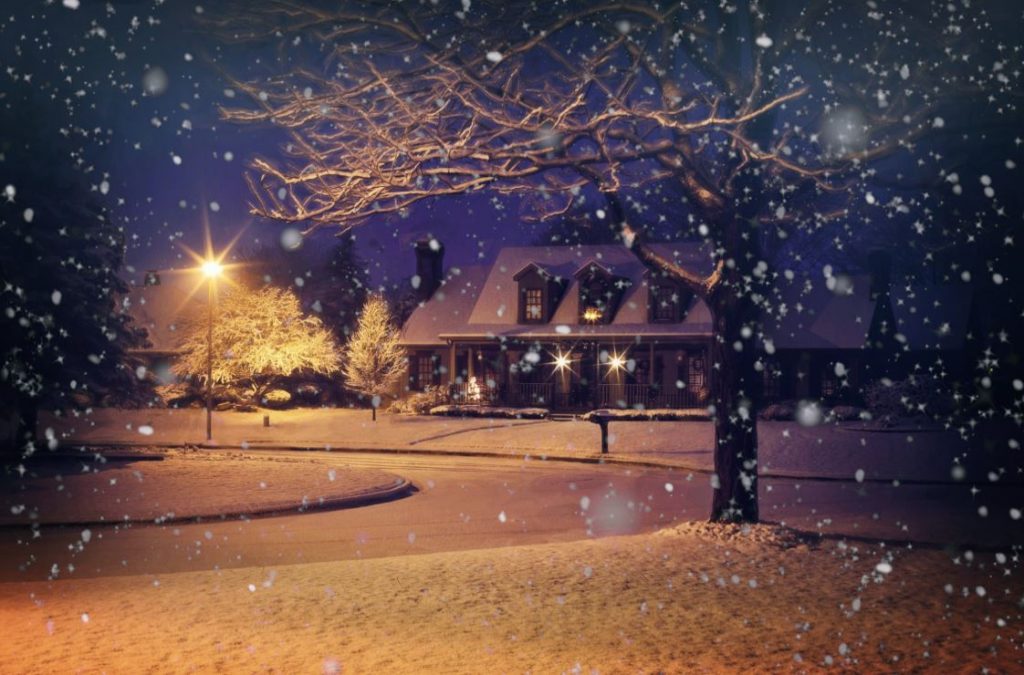Don’t Let Your House Become an Ice Castle: 5 Tips for Winterizing Your Home

Of all the seasons of the year with extreme weather, the most dangerous for many is winter. The blistering cold, wind, and snow can wreak a lot of havoc. This is especially the case for your house. If you don’t take the proper precautions, the damage done could be thousands of dollars. With that in mind, below are five great tips for winterizing your home.

One of the biggest sources for heat loss in a home during winter is your doors and windows. 40 percent of heat loss in a home occurs through the doors, windows and floor. Although you can attempt to winterize your existing doors and windows, door and window replacement may be the better option. Replacing windows and doors can allow you to upgrade to models that do not leak as much air.
One excellent way to winterize doors and windows is by weatherstripping them. Weatherstripping can help to fill in any gaps that would allow the warm air inside your home to escape to the frigid outdoors. Options like door sweeps, felt and tension seals are rather cheap and can be found at any home improvement store.
Your furnace is vitally important during the winter. If it fails, you’ll not only be cold, but your pipes could burst as well. Make sure to replace your furnace filters on a regular basis to make sure it’s working efficiently. Filters should be changed every one to six months, depending on the design.
If you don’t have a programmable thermostat, get one. You need to make sure you program it to always keep your home moderately warm in the winter. You can’t simply turn it off like you do in the spring and summer. Pipes that dip below 20 degrees Fahrenheit will freeze and later burst.
Lastly, you may have a fireplace in your home. To prep it for winter, you’re going to need to clean it out. This may require hiring a chimney sweep, since you probably don’t want to clean out your chimney on your own. Also, make sure the damper opens and closes properly and check the mortar around bricks for the existence of cracks.
Winter weather can start earlier than December. Make sure to get started on the winterization of your home earlier during the fall. If you don’t protect your home against winter weather, the consequences can be disastrous and extremely expensive to fix.
